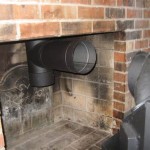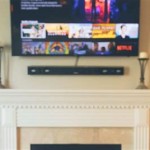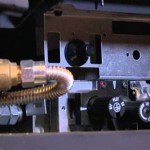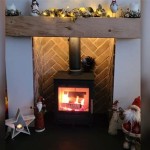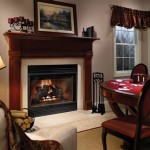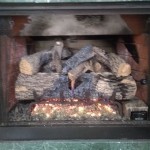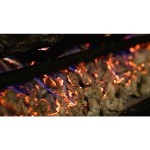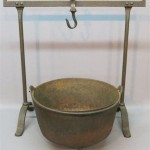Essential Aspects of New Jersey Fireplace Installation
Installing a fireplace in your New Jersey home can be a transformative addition, providing warmth, comfort, and ambiance. However, ensuring a safe and efficient installation requires meticulous planning and attention to detail. Here are some essential aspects to consider:
1. Building Codes and Permits
New Jersey has strict building codes and permit requirements for fireplace installations. Before any work begins, obtain the necessary permits from your local building department. Failure to do so could result in fines or even the removal of your fireplace.
2. Fireplace Type Selection
Determine the type of fireplace that best suits your needs. Options include wood-burning, gas, or electric fireplaces, each with its own unique characteristics. Consider factors such as fuel availability, heating efficiency, and aesthetic preferences.
3. Professional Installation
Fireplace installations are complex and should only be performed by certified professionals. They have the necessary expertise to ensure proper ventilation, electrical wiring, and gas connections. Improper installation can pose a significant safety hazard.
4. Location and Safety
Choose a suitable location for your fireplace, away from flammable materials and high-traffic areas. Ensure there is adequate clearance around the fireplace to prevent overheating or fires. Install smoke and carbon monoxide detectors for added safety.
5. Ventilation and Chimney
Proper ventilation is crucial for fireplace safety. Install a chimney or vent pipe that meets building code requirements. The chimney should extend above the roofline to prevent smoke backup and ensure proper draft.
6. Fuel Storage and Supply
If installing a wood-burning fireplace, plan for secure and accessible storage of firewood. Consider fuel delivery services for convenient gas supply.
7. Maintenance and Inspection
Regular maintenance is essential for fireplace safety and longevity. Annual inspections by a certified chimney sweep can identify potential issues, such as creosote buildup or structural damage.
8. Insurance and Warranty
Ensure your homeowners insurance covers the fireplace installation and any potential liabilities. Additionally, consider obtaining a warranty from the manufacturer and installer for peace of mind.
Conclusion
By carefully considering these essential aspects, you can ensure a safe, efficient, and enjoyable fireplace installation in your New Jersey home. Remember to consult with certified professionals, obtain necessary permits, and prioritize safety throughout the process.

Gas Fireplace Installation Insert Replacement

Gas Fireplace Installation Insert Replacement

Fireplace Remodel Renovation Gas Wood Electric

Sj Gas Fireplace Services Llc South Jersey

Fireplace Showroom Paramus New Jersey Kjb Fireplaces

Fireplace Installations Services Central Jersey

Chimney Flue Essex County New Jersey

Outdoor Fireplace Installation Services In New Jersey

Albers Fire Places

Wood Stove Fireplace Services Delran Expert Home Repair Llc
Related Posts

